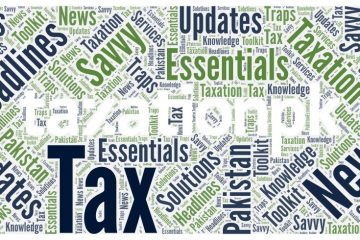Pakistan’s Finance Bill 2024 introduces a significant change aimed at tackling tax fraud: the concept of “investigative audits.” This new measure is expected to bring more transparency and accountability to tax investigations.
Previous System’s Shortcomings:
- The Sales Tax Act 1990 lacked a clear definition of “investigation” and “inquiry” related to tax matters.
- The selection process for cases and investigation procedures were not clearly defined, leading to legal challenges and court cases being quashed due to a lack of clarity.
- Taxpayers faced harassment due to the absence of proper legal guidelines.
- Raids and arrests could occur without a strong basis for suspecting tax fraud.
Introducing Investigative Audits:
- The new section empowers the Federal Board of Revenue (FBR) to conduct investigative audits based on a “balance of probabilities” suspicion of tax fraud.
- Prior written approval from the Commissioner is mandatory for initiating an investigative audit.
- The FBR must have evidence to support their suspicion, which will be subject to judicial scrutiny.
New Procedures and Time Limits:
- The new section outlines the investigative audit process and sets a 90-day timeframe for completion, preventing taxpayers from being held indefinitely.
- The definition of “tax fraud” as a pre-condition for initiating an audit has been revised.
Additional Changes:
- Section 25, dealing with sales tax record audits, has been replaced to eliminate legal ambiguities and enhance audit effectiveness.
- A detailed procedure for conducting and concluding audits is provided for the first time.
- Section 11, concerning assessment orders, has been split for better clarity and linkage with regular and investigative audits.
Overall Impact:
The introduction of investigative audits aims to streamline tax investigations in Pakistan. By establishing clear procedures and safeguards, the new system is expected to:
- Reduce harassment of taxpayers.
- Strengthen legal grounds for tax fraud investigations.
- Increase efficiency and effectiveness in combating tax evasion.






